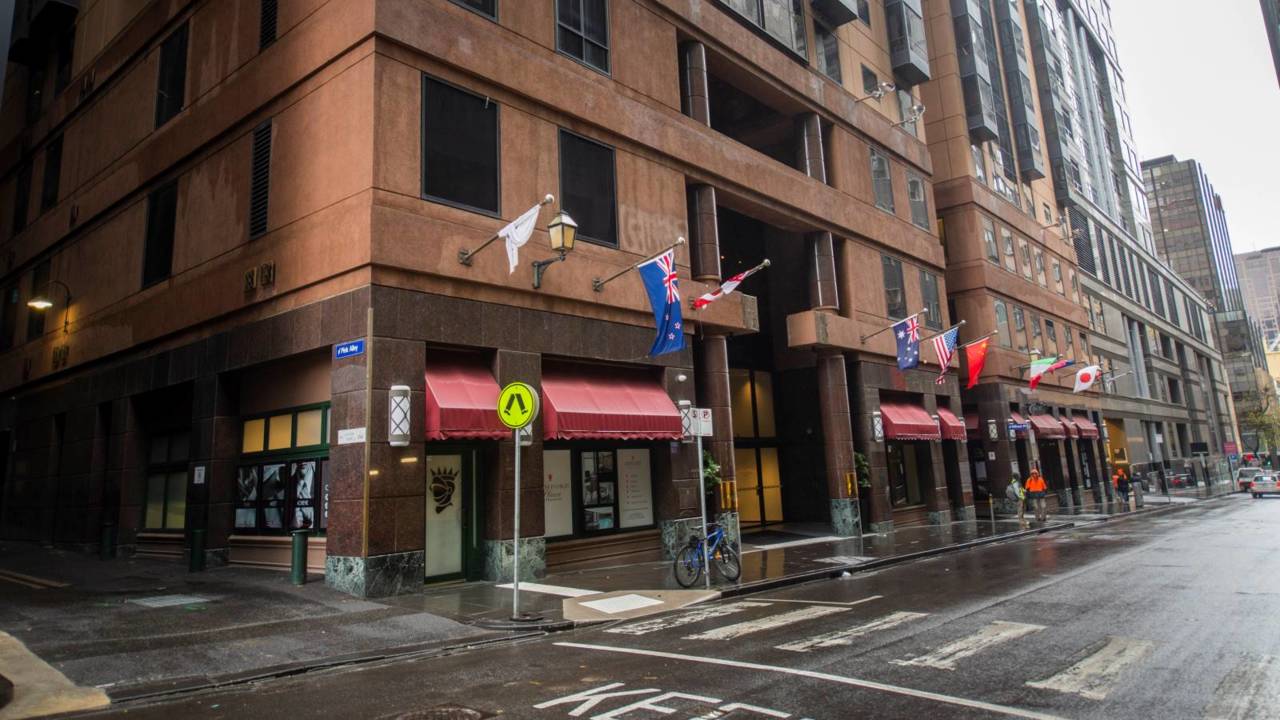How hotel quarantine disaster unfolded
With such poor foundations, the hotel quarantine scheme was destined to fail — but now we can pinpoint when the cracks started to show.
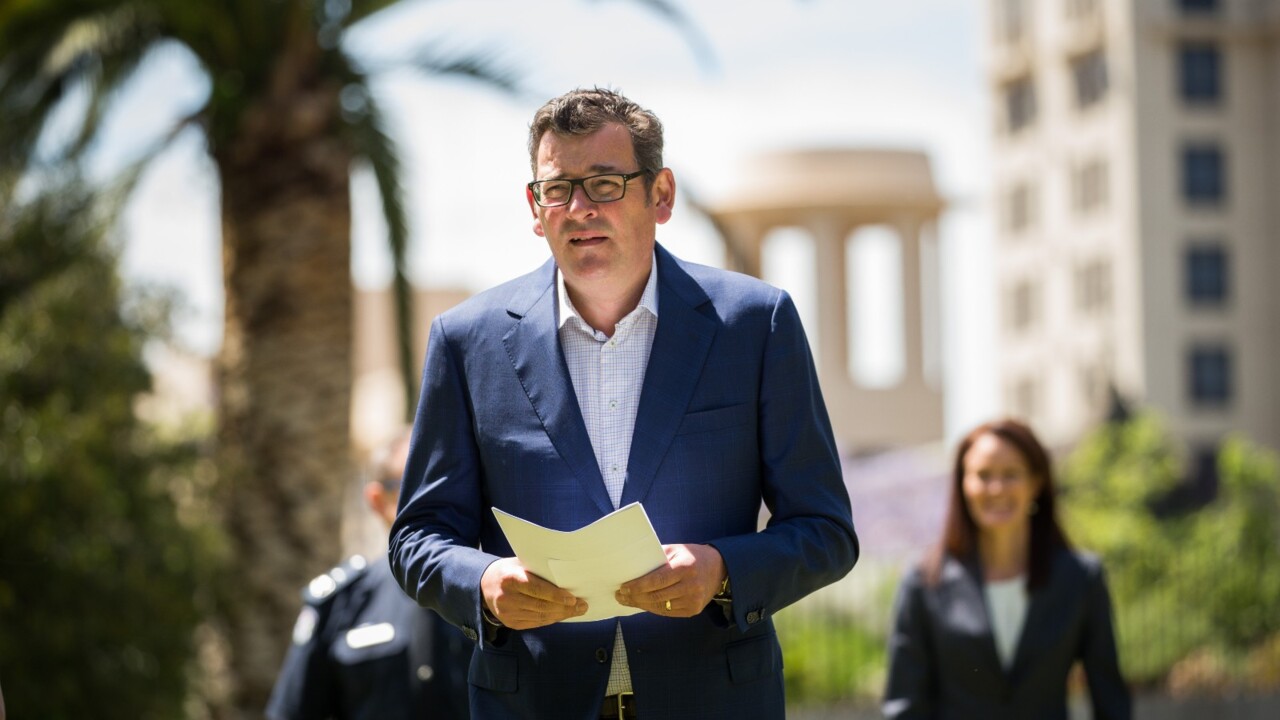
Coronavirus
Don't miss out on the headlines from Coronavirus. Followed categories will be added to My News.
As Victoria’s hotel quarantine scheme was being thrown together in late March, an anonymous bureaucrat suggested a name change.
And so was born Operation Soteria, named after the Greek goddess of safety and preservation from harm.
Exactly when that was settled and who came up with the idea isn’t clear — much like how the decision to use private security as a frontline response to a health crisis evolved.
But those early meetings that established details of the scheme were a critical factor in what would turn the whole affair from triumph to tragedy.
Former Judge Jennifer Coate, in her final report into Operation Soteria, said while the rapidly evolving situation was “measured in minutes”, a lack of accountability crippled ongoing oversight.
“Decisions were not made at the right levels and with the right information,” she said.
While Emergency Management Commissioner Andrew Crisp tried to settle a chain of command early on, a split in duties between frontline health and logistics — procuring hotels, security, cleaning contractors, catering and transport — caused tension.
Even once confusion was cleared, there remained an “ongoing dispute between the department of Health and Human Services and the Department of Jobs, Precincts and Regions as to who was in charge of the overall operation of the program, which continued throughout the inquiry”.
“This was the source of considerable and significant problems with the way in which the program operated. It also occupied an inordinate amount of time during the inquiry.”
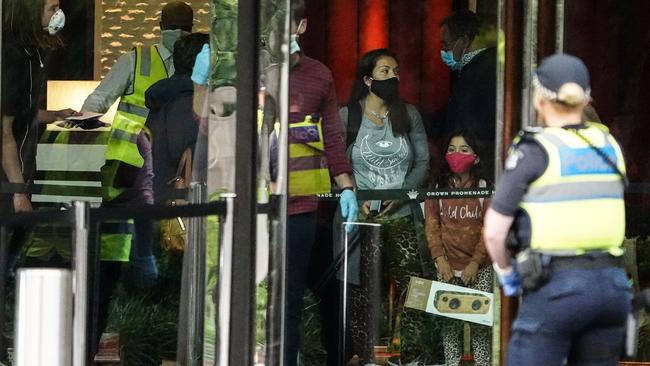
MINISTERS GO MISSING
After months of deliberation and thousands of pages of evidence, the inquiry failed to pinpoint who made the decision to enlist private security companies as a frontline resource in hotel quarantine. Premier Daniel Andrews and his team were strangely absent, according to Justice Coate.
“Enforcement of quarantine was a crucial element of the program that the Premier had committed Victoria to adopting, but neither he nor his ministers had any active role in, or oversight of, the decision about how that enforcement would be achieved,” the report said.
As Mr Andrews said on receiving the report, the problem was not just who made that initial decision, but why there was no system built to properly oversee the guards’ activities.
The Coate inquiry said many infection control responsibilities were effectively outsourced to unskilled people, who were contracted to companies with different training and health standards.
One of the factors that contributed to this was chief Health Officer Brett Sutton, was a support act only, meaning the scheme became less about infection control and more about emergency management. Police were better placed to guard returned travellers, the report said.
While it was not clear if former chief commissioner Graham Ashton directly advocated against this, he certainly did not kick up a fuss when it was made clear the force would not be on the frontline.
Police, Justice Coate pointed out, had a bigger focus on workplace safety to cut the risks of outbreaks and, if the virus did escape, contact tracing would have been easier.
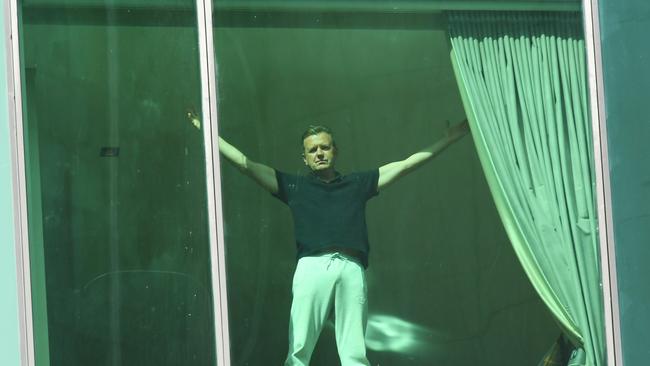
CRACKS EMERGE
With such poor foundations, the hotel quarantine scheme was destined to fail.
Part of this stemmed from the fact the health department never saw itself as “in charge” on site, the inquiry report said.
“This left brewing the disaster that tragically came to be.
“That such a situation developed and was not apparent as a danger until after the two outbreaks, tragically illustrated the lack of proper leadership and oversight, and the perils this created.”
Even cleaning contracts were poorly executed, with delays in deep cleans potentially contributing to outbreaks that sparked the second wave.
Testing of travellers and staff was inadequate, and security firms — not health professionals — were left to decide what personal protective equipment should be required.
There was evidence one Operation Soteria document issued to security firms about PPE was provided on May 5 — more than a month after the scheme was established.
The behaviour of some guards was also described as “unacceptable”.
Horror stories emerged in the inquiry about harassment of guests, sleeping on the job — and with one another. Some worked multiple jobs due to poor pay and working conditions, and their roles changed from “static” to roaming with guests on fresh-air breaks.
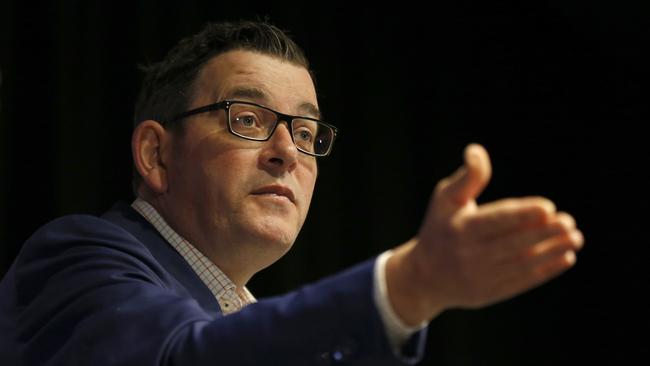
THE VIRUS ESCAPES
On May 9, 2020, a family of four returned to Australia and stayed together in the same room. Within days they had all tested positive for coronavirus, and were shifted to Rydges.
It was from that “hot hotel” — where all infected guests were transferred despite little extra training or precautions — the virus spread. While the exact moment is difficult to pinpoint, inadequate cleaning and use of PPE were likely to have contributed.
General hotel staff and guards had been left to clean common areas and elevators.
Experts estimate 90 per cent of the cases that emerged in Victoria from the second wave stemmed from this hotel.
The other 10 per cent were mostly sheeted home to the Stamford, where similarly lax standards had been in place.
The inquiry heard evidence “similar inadequacies were identified at Stamford up until mid-June 2020” — well after the outbreak at Rydges was identified.
When positive test results came back from staff at the two hotels, health authorities struggled to get on top of the contact tracing that awaited them. Not only was hotel staff record-keeping poor, but security guards misled investigators for fear of losing their jobs.
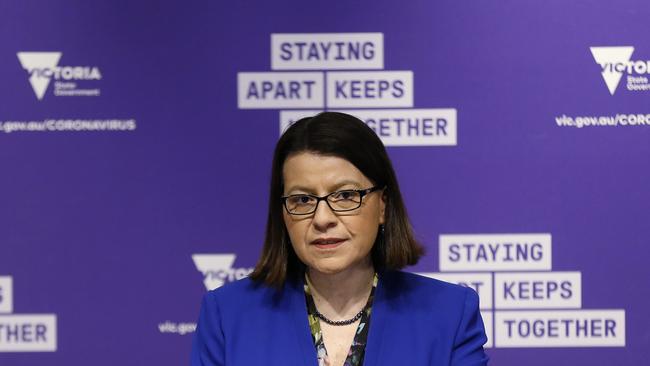
THE LAST TRAGIC ACT
Once COVID-19 escaped hotel quarantine, it ravaged the community. Counsel assisting the inquiry invited Justice Coate to find failures within Operation Soteria — which was supposed to provide safety and preservation from harm — were responsible for the deaths of 786 people and 18,418 others.
Justice Coate said she could not find that because “the question of causation as a matter of law is one, if it is to be pursued, that must be properly pleaded before a court”.
“But what I can, and do, find is that the second wave of COVID-19 that so catastrophically affected Victoria was linked to transmission events out of both Rydges and Stamford via returned travellers to personnel on site, who then transmitted COVID-19 into the community”.
It’s hardly a conclusion worthy of Sophocles, and many Victorians who paid $5.7 million to sit through the inquiry’s performance might feel like demanding their money back.
More Coverage
